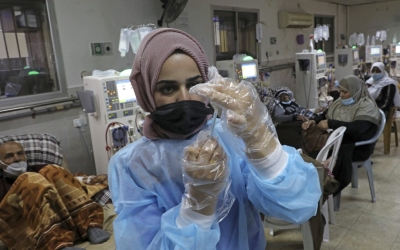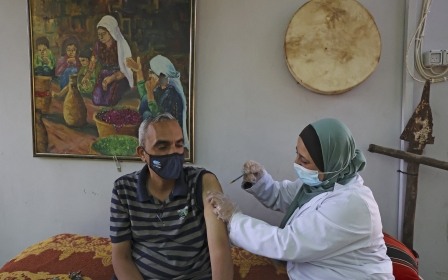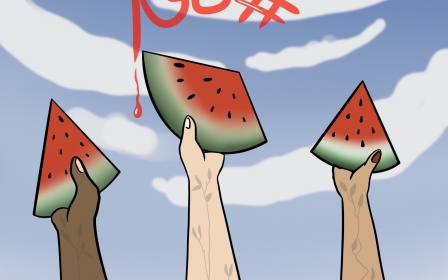Covid-19: Israel reintroduces mask requirements as cases spike
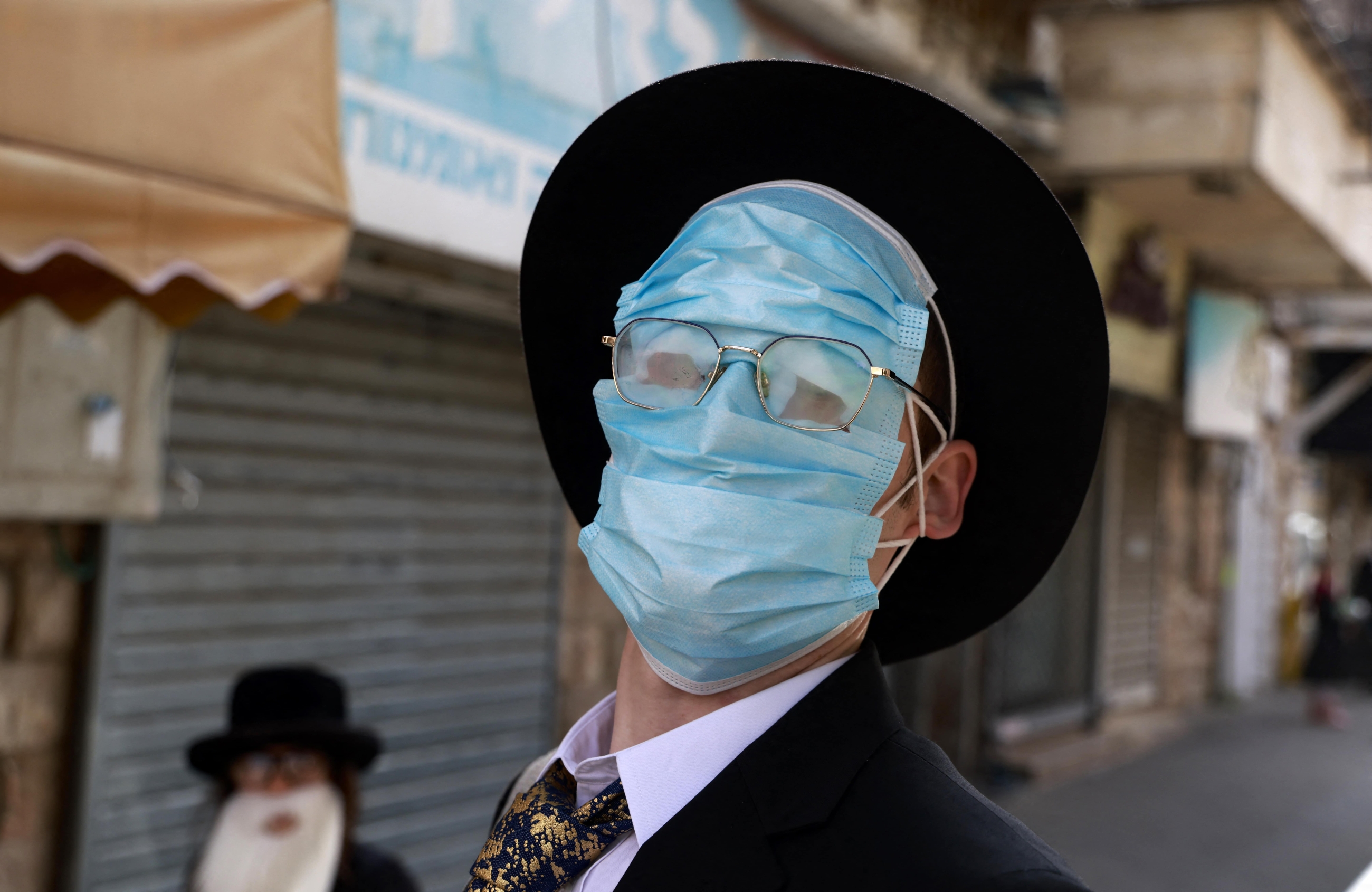
Following a surge in Covid-19 cases, on Friday the Israeli health ministry reimposed a requirement for masks to be worn in enclosed public places, having dropped it ten days earlier.
The head of Israel's pandemic response taskforce, Nachman Ash, told public radio the requirement came after four days of more than 100 new cases a day, with 227 cases confirmed on Thursday.
"We are seeing a doubling every few days," Ash said. "Another thing that's worrying is that the infections are spreading. If we had two cities where most of the infections were, we have more cities where the numbers are rising and communities where the cases are going up."
Ash said the rise in cases was likely due to the highly contagious Delta variant of the virus first seen in India, but said he did not yet see a parallel rise in hospitalisations or deaths.
"It's clear it's a factor of time, that not enough time has passed," Ash said. "But we hope the vaccines will protect us from a rise in hospitalisation and difficult cases."
Israel originally lifted mask requirements on 15 June.
Some 5.2 million people have received both doses of the Pfizer-BioNTech vaccine, after Israel obtained millions of doses.
But Israel, which has vaccinated some 85 percent of its adult population, has faced criticism for not sharing its vaccines with the 4.5 million Palestinians in the occupied West Bank and Gaza. Under international law, occupying powers are responsible for the healthcare of the population they control.
The Palestinian Authoritty (PA) also came under fire in March for allowing political and security figures to get some of the first doses it had received.
Masks at Pride
The health ministry urged Israelis to wear masks in crowded outdoor spaces too, including at Pride events scheduled for this weekend.
A Pride march scheduled for Friday afternoon in Tel Aviv is expected to draw tens of thousands of people. The event is resuming after it was suspended last year due to the virus.
On a visit to Ben Gurion international airport on Tuesday, Israel's new prime minister, Naftali Bennett, warned of a "new outbreak" and announced a new Covid testing facility for incoming travellers and strengthened enforcement of quarantine orders for those returning from overseas.
To cut down on the spread of the virus, he asked Israelis to cancel their travel plans. "Whoever doesn't have to fly abroad, please don't," Bennett said.
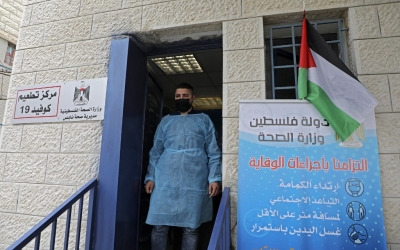
On Wednesday, Israel announced it was delaying plans to reopen its borders to individual tourists.
Bennett urged parents to vaccinate children aged 12 and older "as soon as possible," noting that Israel's stock of vaccines would soon expire.
Last Friday, the PA called off plans to receive one million expiring vaccines from Israel, just hours after the deal was struck.
PA spokesman Ibrahim Melhem announced the cancellation at a joint press conference with Health Minister of Palestine Mai Alkaila, stating that the initial doses that were sent did not meet agreed-upon specifications.
Israel was clear that the vaccine doses were to "expire soon" when the deal was agreed, but did not publicly specify a date.
After receiving the first shipment, the Palestinians said the doses were set to expire sooner than they expected.
Middle East Eye delivers independent and unrivalled coverage and analysis of the Middle East, North Africa and beyond. To learn more about republishing this content and the associated fees, please fill out this form. More about MEE can be found here.


